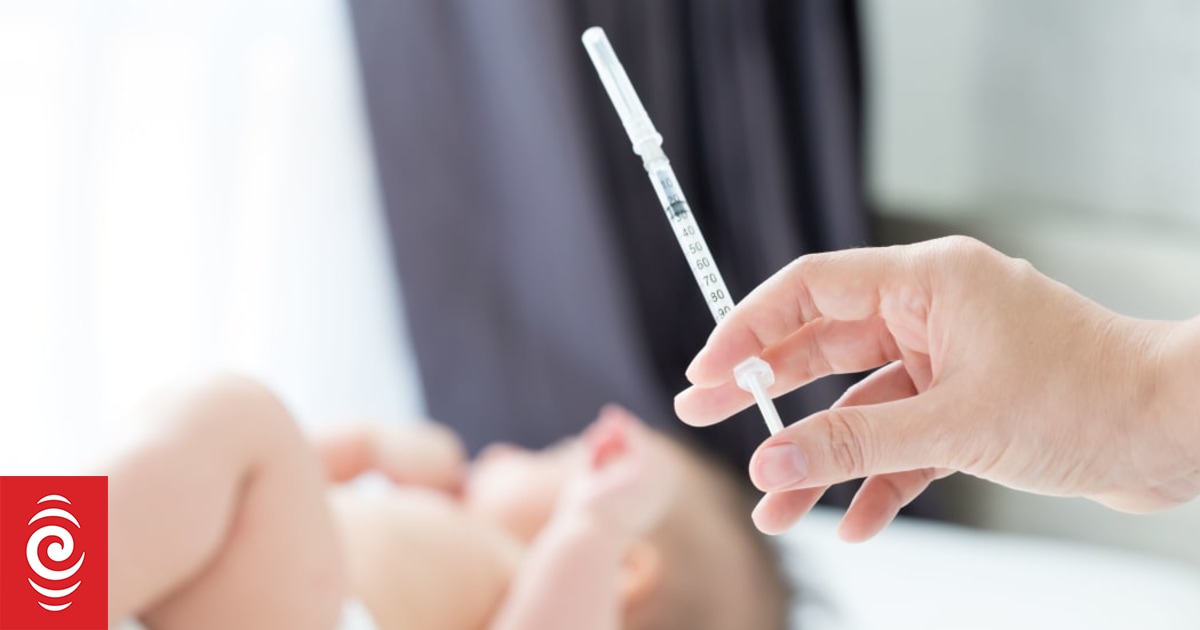Whooping Cough Cases on the Rise, Authorities Concerned
A recent spike in whooping cough cases has raised concerns among health authorities, particularly due to the potential risks it poses to babies. The disease, also known as pertussis, has seen 58 cases formally notified in May, marking the highest number since the beginning of 2020.
Immunisation Taskforce chairperson and M?ori paediatrician Owen Sinclair expressed worries about the recent increase in whooping cough cases, stating that it could potentially put babies’ lives at risk. Sinclair highlighted the distressing nature of the disease, particularly when it affects infants, emphasizing the importance of early detection and preventative measures.
Te Whatu Ora’s national clinical director for protection, Susan Jack, noted that New Zealand experiences outbreaks of whooping cough every three to five years, with the last significant one occurring in 2017 and 2018. In light of the recent spike in cases, health clinics have been advised to remain vigilant, test individuals with symptoms, and provide necessary vaccinations and antibiotics.
The increasing concern stems from the fact that babies are particularly vulnerable to whooping cough, as they cannot be vaccinated until they are six-weeks-old. Jack urged pregnant individuals to consider getting vaccinated to protect their newborns, citing the potential dangers the disease poses to infants.
While no deaths related to whooping cough have been reported in 2024, 25 individuals have been hospitalized, with six cases occurring in May alone. Health officials are emphasizing the importance of maintaining high immunization rates, especially among vulnerable populations such as M?ori and Pacific children.
It is crucial to stay informed about the symptoms of whooping cough, seek medical attention promptly, and consider vaccination options to protect against this potentially life-threatening disease. Authorities are working to ensure access to vaccinations and boosters for at-risk populations, underscoring the importance of proactive healthcare measures in preventing the spread of whooping cough.


